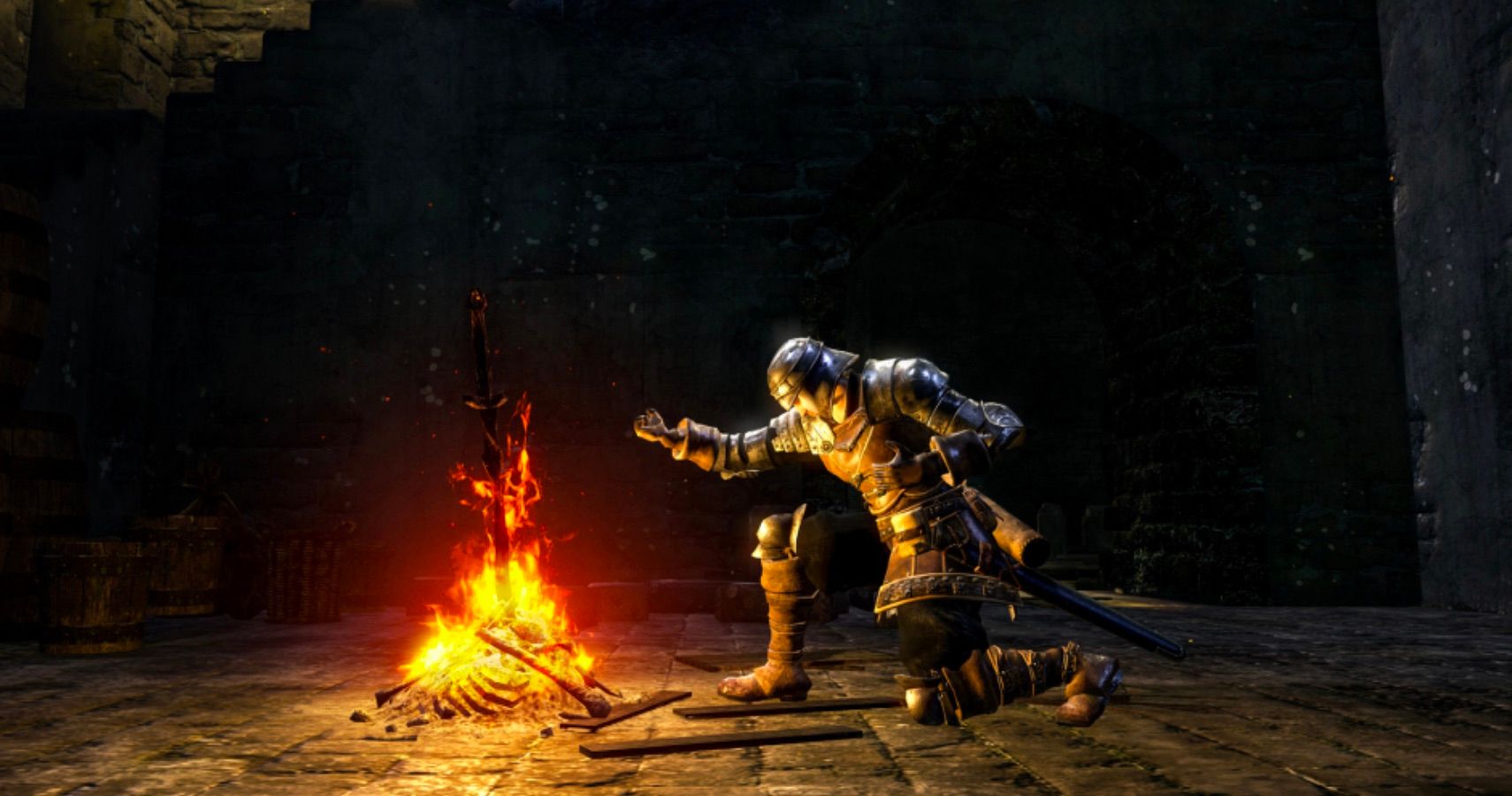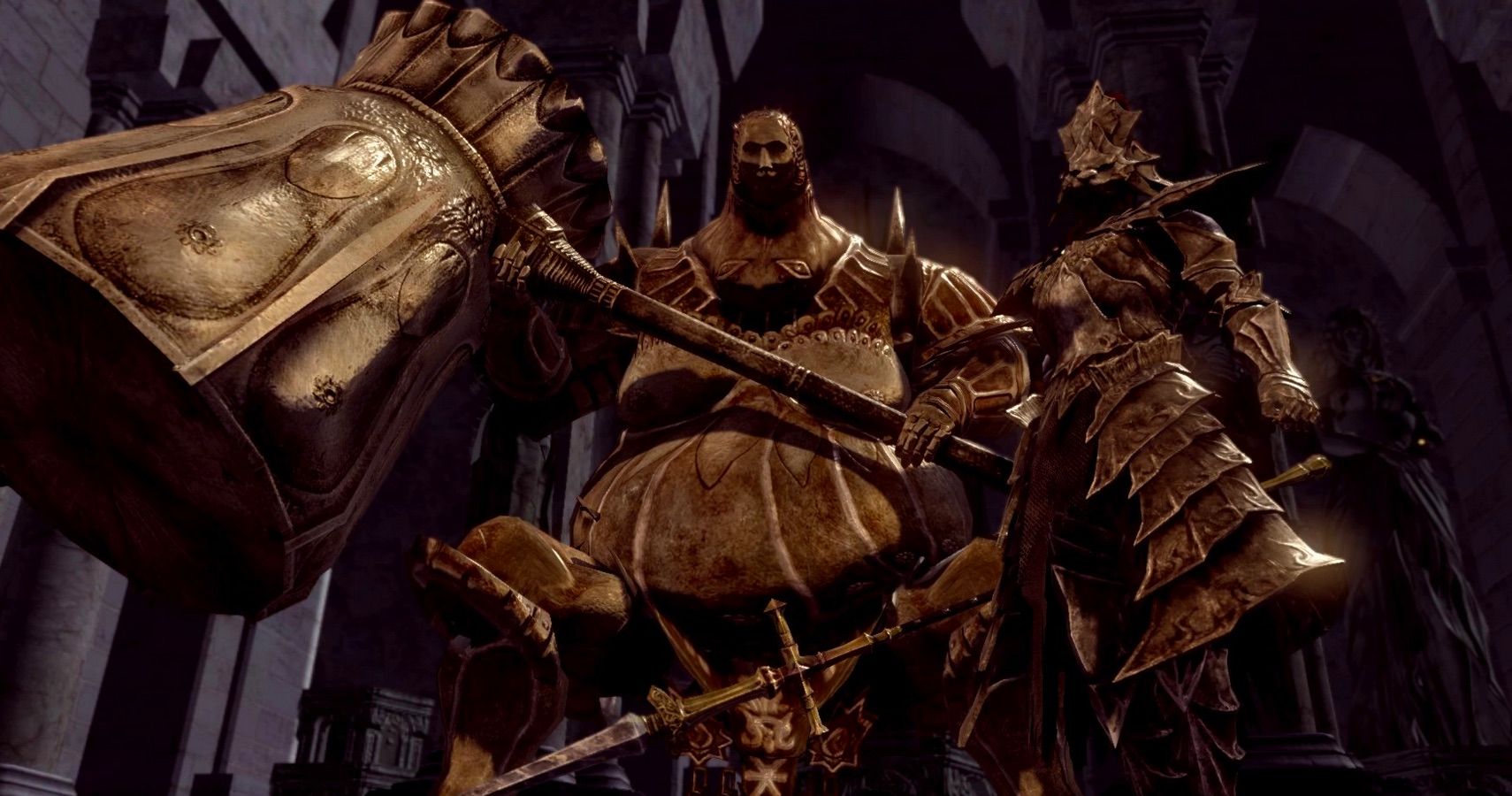The Dark Souls series and its FromSoftware-developed brethren have been touted as some of the best go-to impossibly-difficult-but-rewarding titles in existence. It's easy to see why; the games are full of atmosphere, have fun and deep mechanics, and generally have great presentation. They are also as hard as they come and are unquestionably some of the hardest games of the past decade. Yet, one has to question the source of the difficulty. Is it that the game is truly a challenge? Or is it that the Souls-like genre's throw-them-to-the-wolves style makes for an artificially difficult experience?
The Souls-like Genre
In the past decade, From Software has single-handedly started what is known as the Souls-like genre. As the name implies, these are games that bear remarkable similarities to the Souls games, though only insofar as they are hard to the point of wanting to pull hair. Examples of this range from Code Vein to The Surge to Cuphead. All of these games, as well as From Software's library, are entirely well-designed. Yet, they all lack a large degree of guidance.
For the uninitiated, the Souls-like genre often contains very basic tutorials. Simplified on-screen guides will show players how to perform various actions, like running, jumping, vaulting, rolling, attacking, etc. However, while Souls-like games generously teach players how to play the game, they do not show them how to implement them or deeper techniques very effectively.
Striking A Fine Balance
Of course, one could argue that this was just a staunch reaction to the games out there eager to hold players' hands at every corner. It is true that players don't want a game like, say, the SimCity reboot, whose tutorial is an honest test of patience. However, one ideally doesn't want a game whose attitude is that of a neglectful guardian. Unfortunately, the Souls-like genre has settled into this description and can have fairly abusive tendencies. Looking at you, Smough and Ornstein.
As gamers who occasionally (or aggressively) indulge in Souls-like games, we often turn to relevant communities and online FAQs for tips and tricks related to our current playthrough of a Souls-like title. We even do so just for the sake of learning how to effectively play the game. Game design that relies on outside sources, be it unintentional or otherwise, is a poor decision.
Just Plain Bad Design
To take a recent example of similar game design, the Souls-like title Code Vein isn't so explicit in many of its mechanics. For instance, one has to go out of their way to navigate the skill descriptions in order to learn how to parry and dash; two very basic actions that should be taught organically through the game.
In theory, games of the Souls-like genre shouldn't be willing to embrace the chaos of minimal guidance. Rather, these games should be giving players a full understanding of the tools available to them so that they can play the games effectively and overcome challenges with the knowledge made available to them from the game. Hidden tools become useless (and a waste of time) if a game is unwilling to show players how to use them.
Going Forward: A Real Challenge
Souls-like titles absolutely have merit and are rewarding experiences. Defeating bosses in the Dark Souls series and Bloodborne is one of the most satisfying feats one can make in gaming. But it is worth asking whether the sense of reward is justified by a challenge stemming from ambiguous mechanics or, in reality, intricately-designed puzzles. In other words, a Souls-like game that stands proudly as a challenge from nebulous mechanics shouldn't be compared to the most challenging titles of the pre-Souls era.


